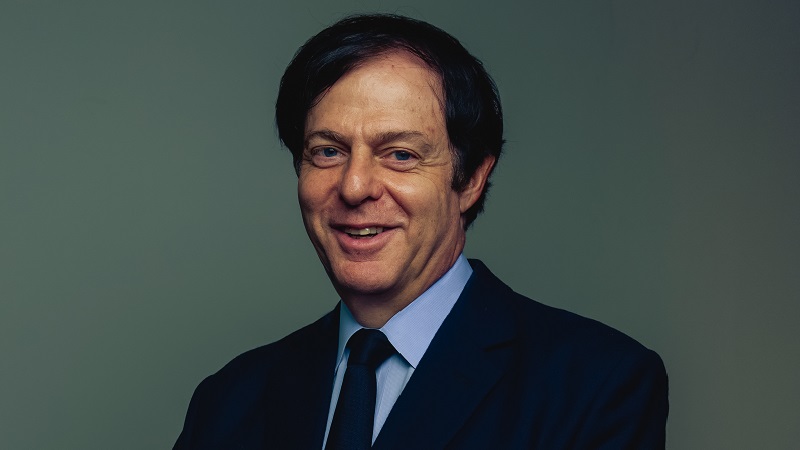A “difficult” 2018 in which Neptune lost over £1bn in assets, scrapped its dividend and ended with negative cash flow forced the board’s hand to consider M&A action to save the business.
In what is likely its last set of annual results as a standalone entity, Robin Geffen’s (pictured) fund group revealed it fell victim to an “unhappy confluence” of distribution headwinds and rising costs linked to Mifid II compliance and investment in new tech ate into profits.
The asset manager said its distribution efforts were thwarted by the general trend of investors pulling money away from active strategies and into passive funds which led to “a tide of redemptions”.
Assets under management shrank from £3.5bn to £2.5bn in the year to 31 December 2018. This resulted in revenues for the year falling 11% to £29.3m from £33m the year prior.
Profits down 90%
Profits for the year were all but wiped out. Neptune reported a paltry profit before tax of £121,000, down 90% from 2017’s £1.2m.
At the end of the period its operating cash flow was negative with a net cash outflow from activities of £30,000 compared with a net inflow of £1.9m in 2017.
Weaker profitability for the year resulted in £1.6m lower staff costs and smaller bonuses. The total amount Neptune’s directors received in remuneration, including share-based payments, shrank from £3.1m to £2.6m though the highest paid director still walked away with £1.3m.
In light of the asset manager’s difficult financial situation in 2018 the board “prudently” scrapped the dividend payment.
Board considered all strategic options to save Neptune
The annual report provides a glimpse of the financial strain going on behind the scenes which ultimately pushed the fund group to seek out an M&A deal to secure its future.
In a statement that accompanied the results that was written on 17 April 2019 chairman JD Punter said the board was considering “all strategic options”.
“It is clear that the whole investment management industry is facing significant challenges and consolidation is picking up pace globally, as firms seek economies of scale,” Punter said. “Whilst the board derives confidence from the strong investment performance generated over the last two years, it is prudently considering all strategic options to meet the challenges ahead focusing on looking after the best long-term interests of our clients.”
Last month Liontrust confirmed it had agreed to acquire Neptune in a deal valued at £40m, which exceeded initial valuations of the business by £15m.
Contrary to some initial speculations, Neptune’s entire investment team will transfer to Liontrust. The move will also see Geffen step down as chief executive to focus solely on the running of his funds and heading the investment management team.
Geffen touts strong performance
Though Neptune’s 2018 report showed a business in dire straits chief executive Geffen touted his firm’s investment performance which he said resulted in “another year of strong relative performance”.
He noted that 11 out of Neptune’s 20 funds finished in the top quartile of their respective Investment Association sectors over the year.
Only three out of Geffen’s six funds posted positive returns during 2018, with his £71.6m Neptune Global Technology fund producing the highest returns of 14%, followed by the £212m Neptune Russia fund which returned 6% and Neptune Global Smaller Companies at 2%.
Neptune Income, which has been first quartile over one, three and five years, was down by 3% in 2018.










